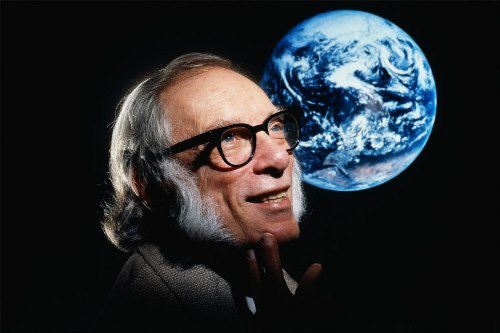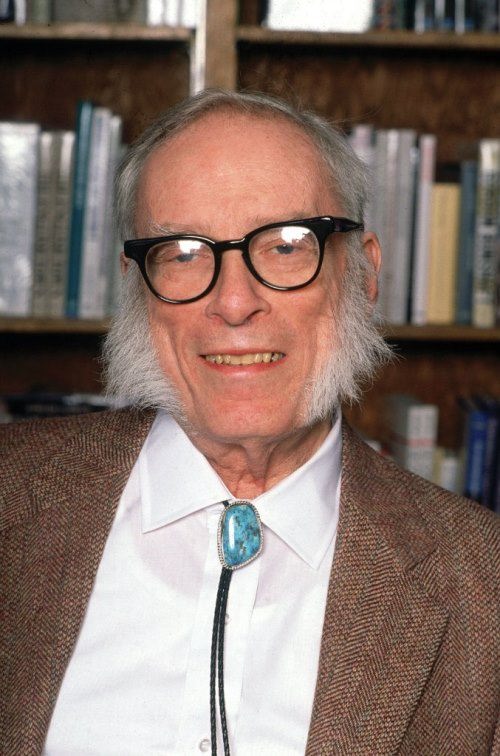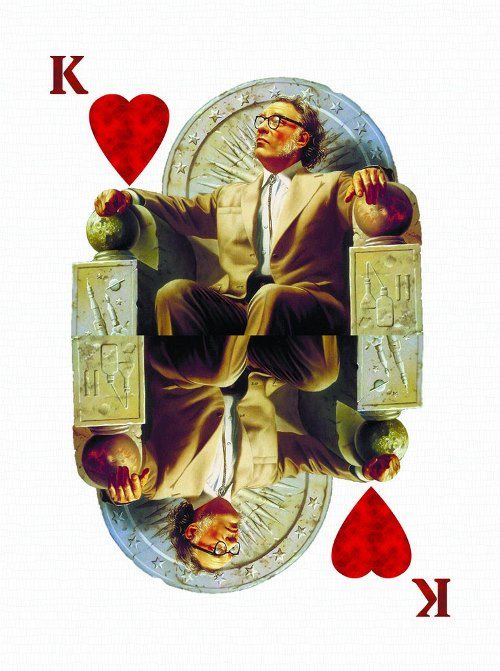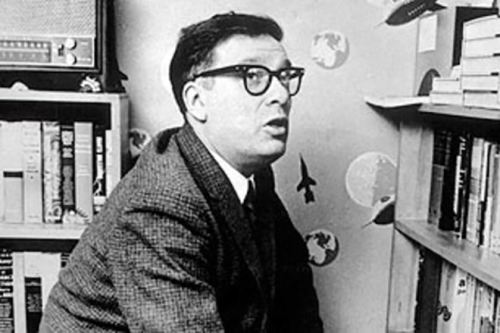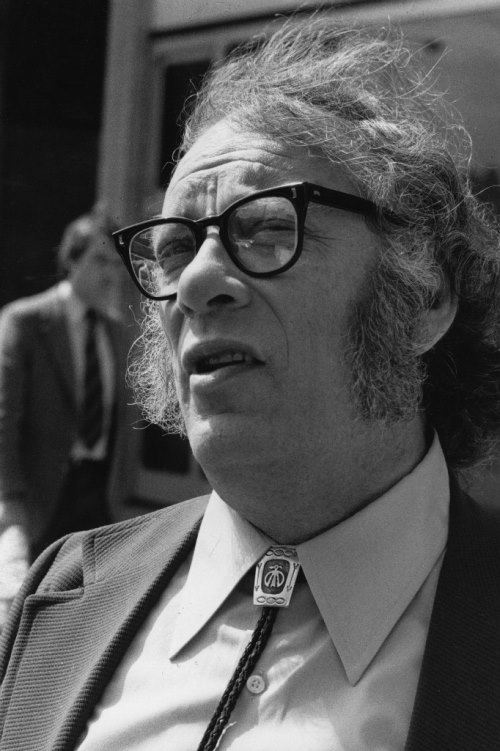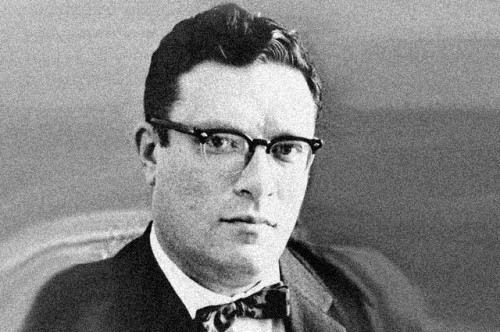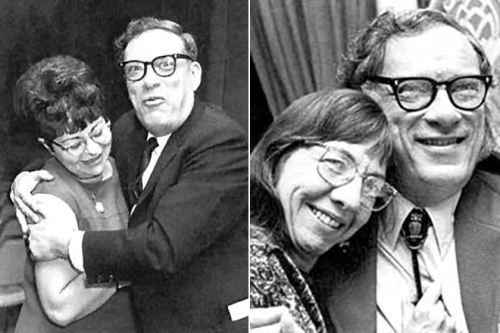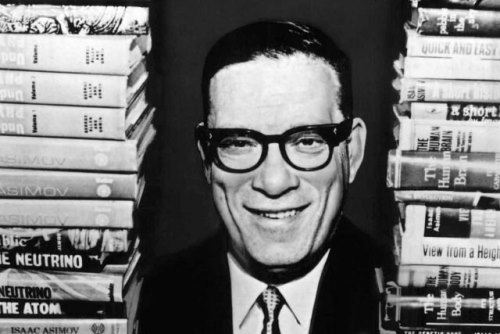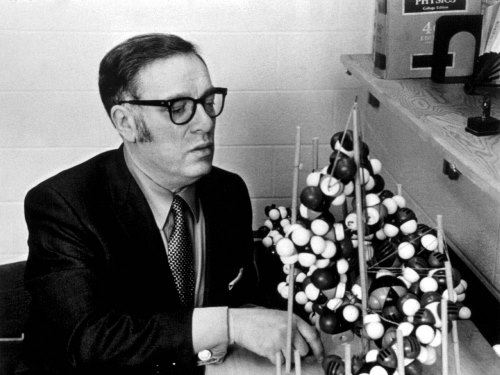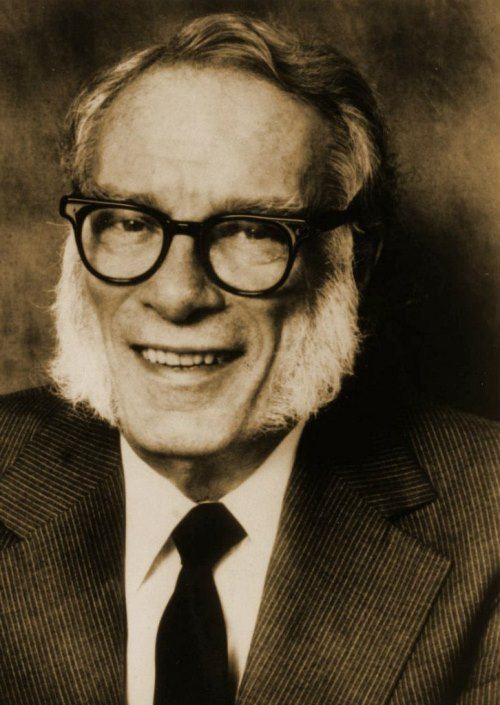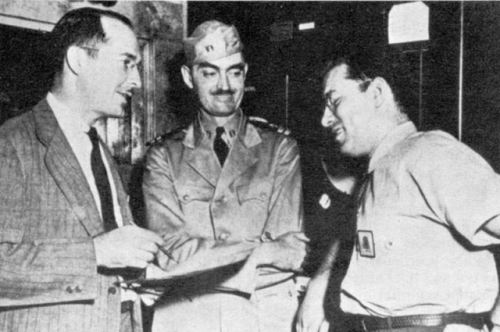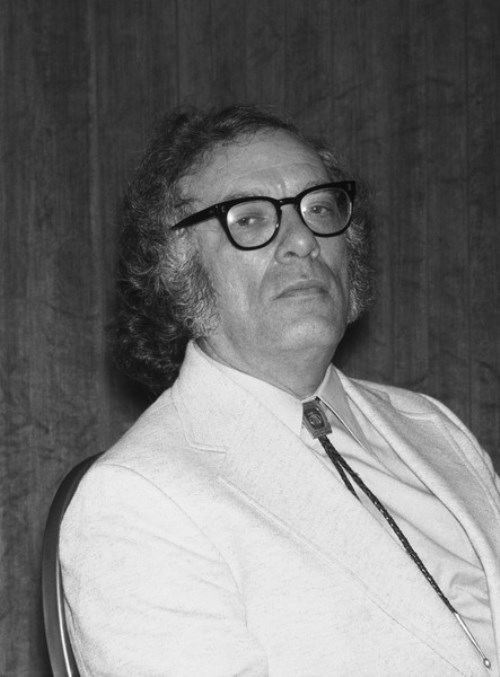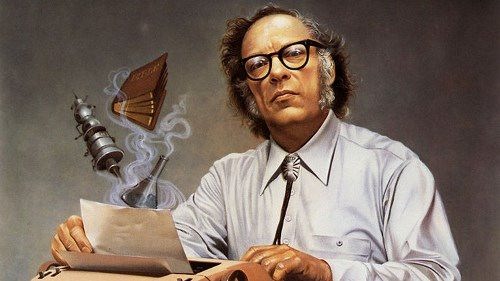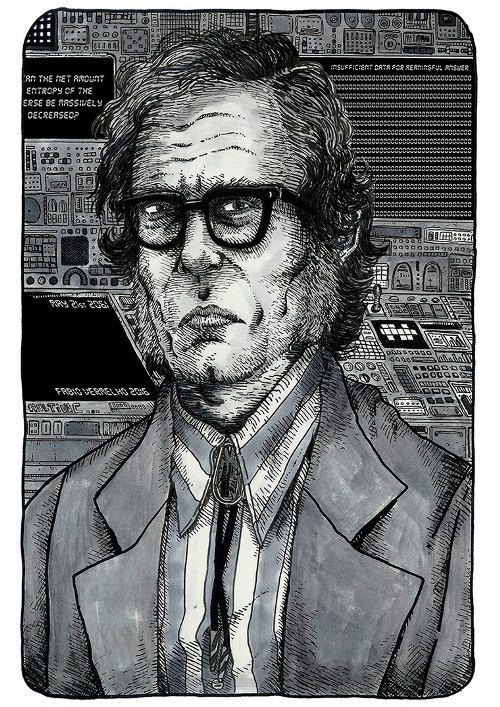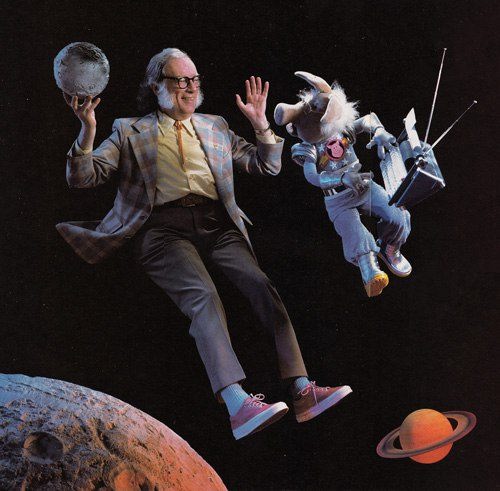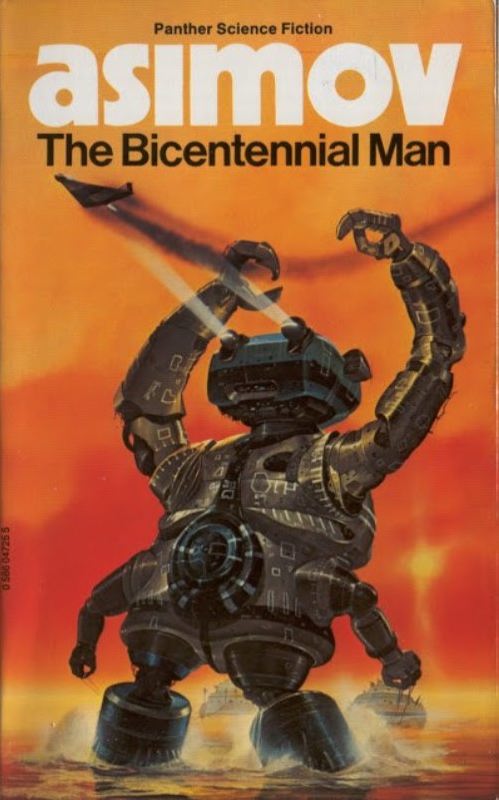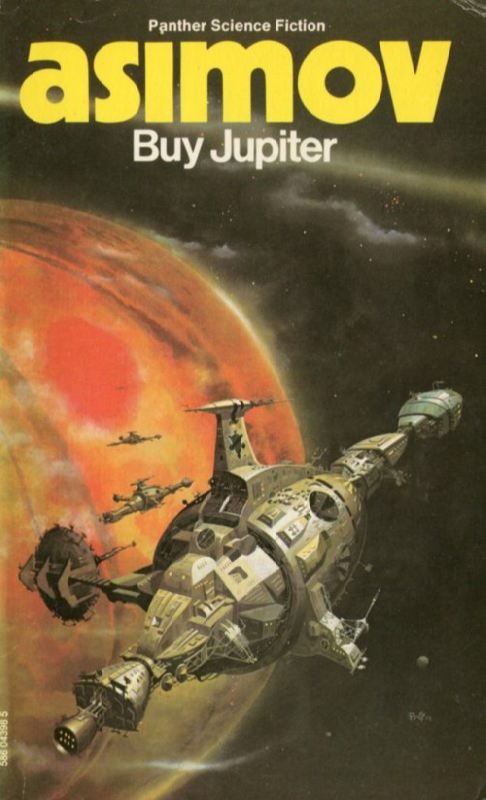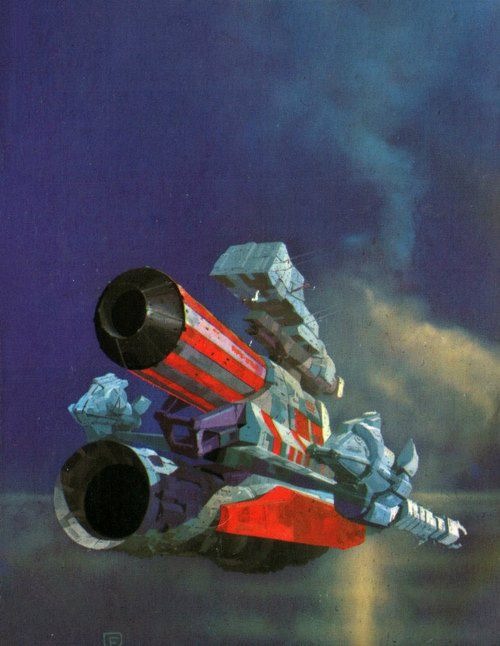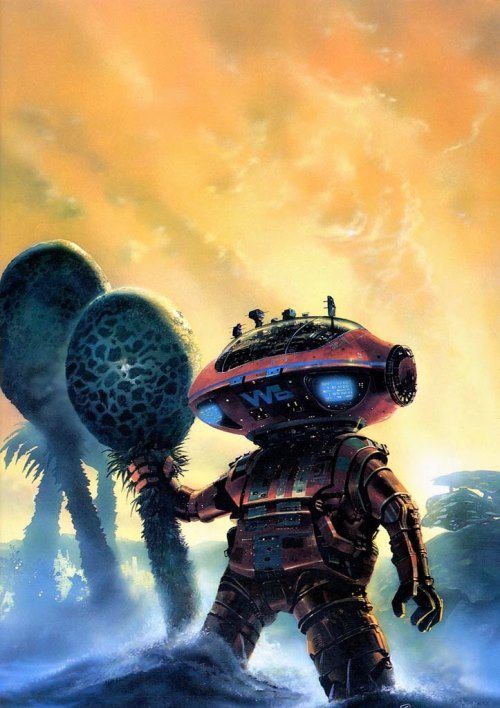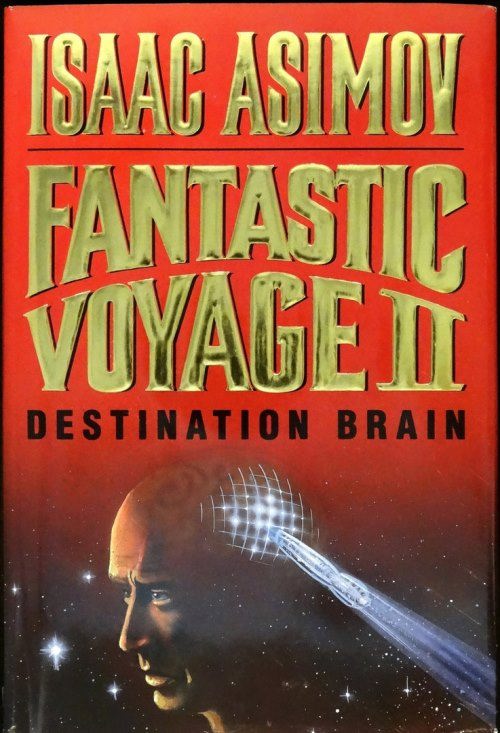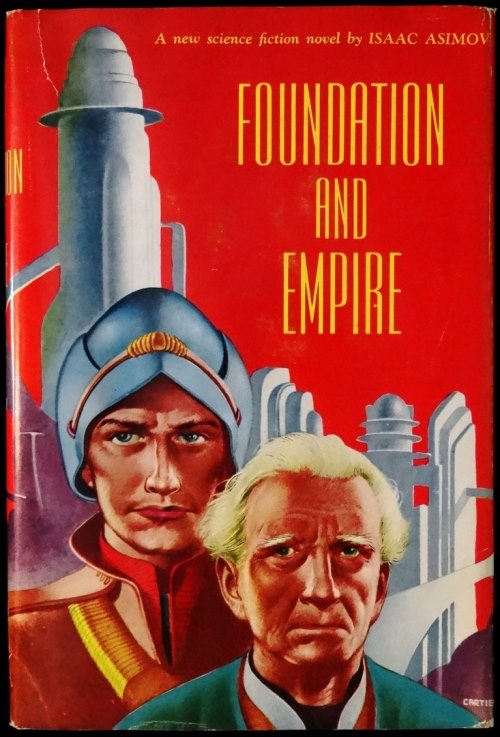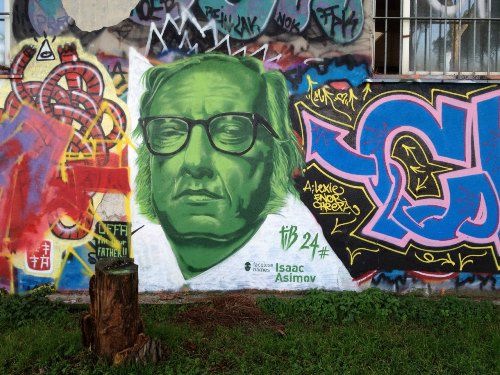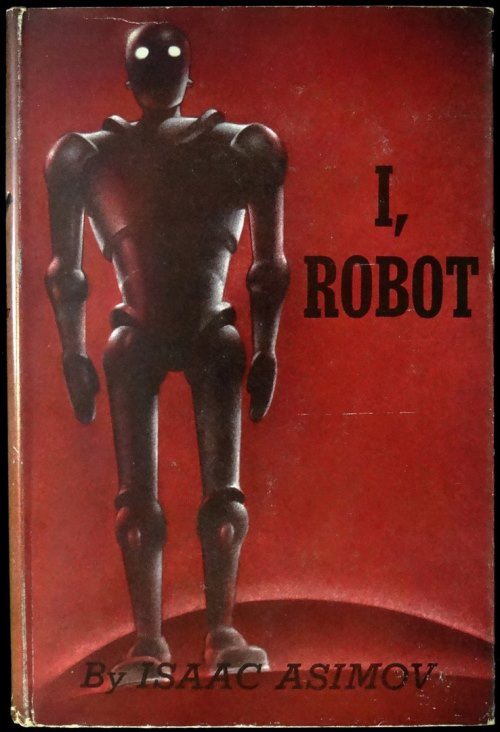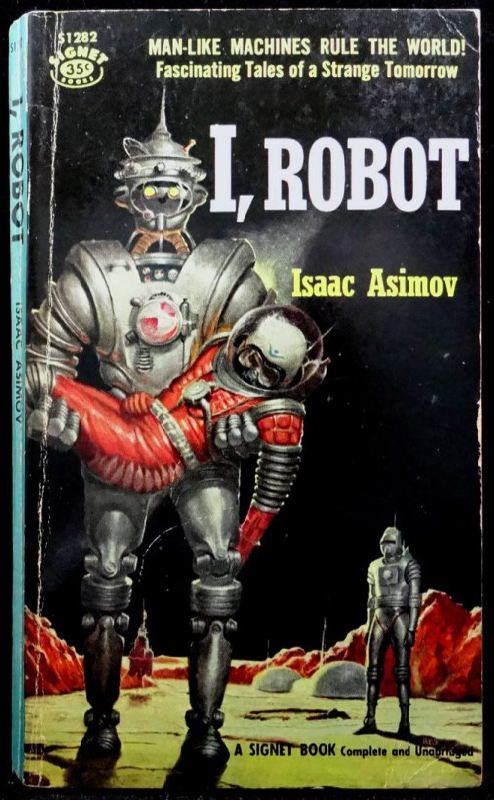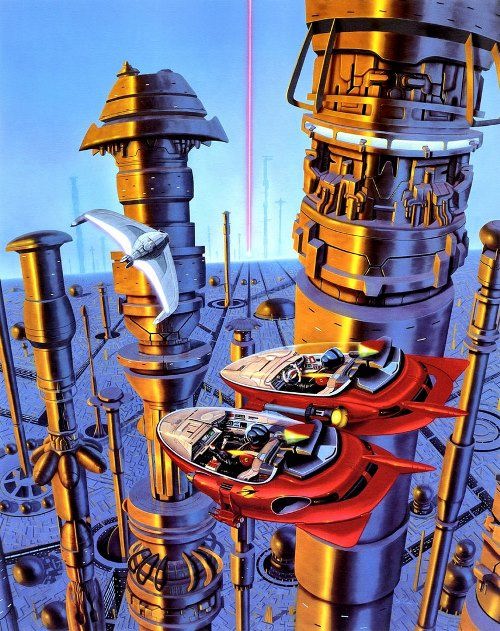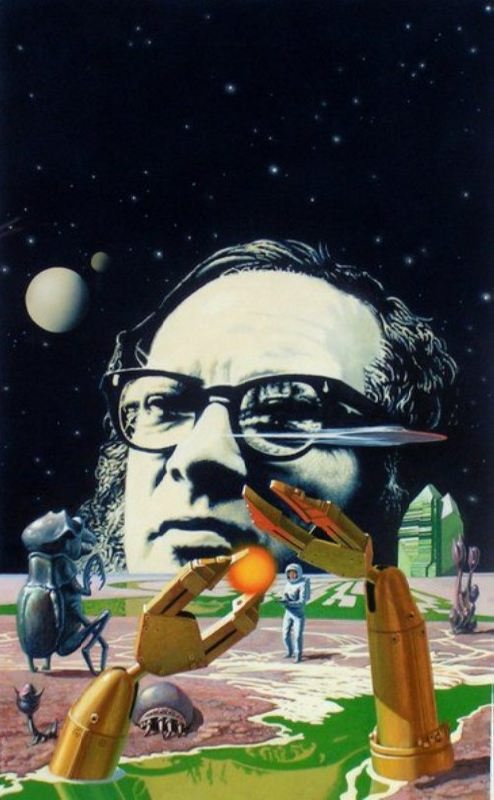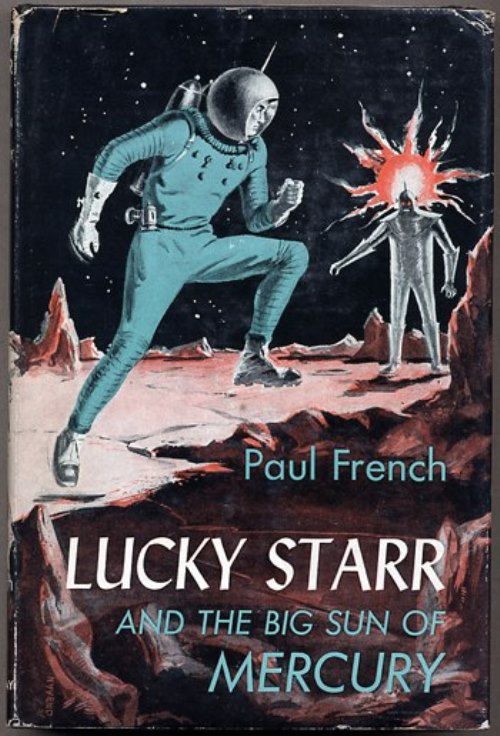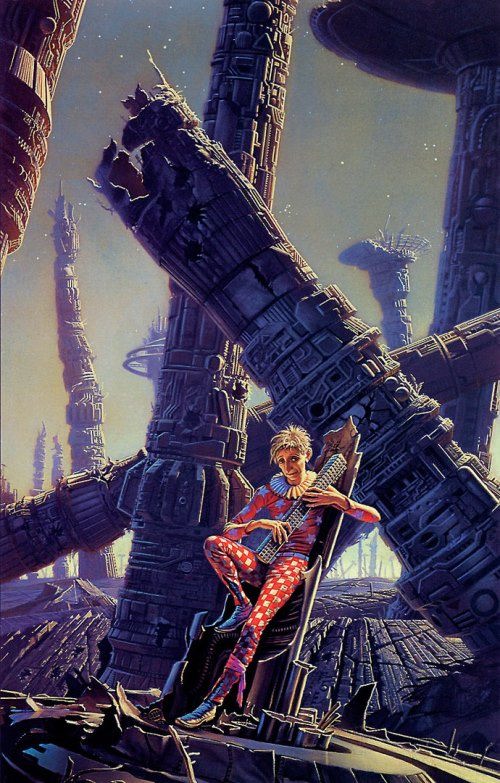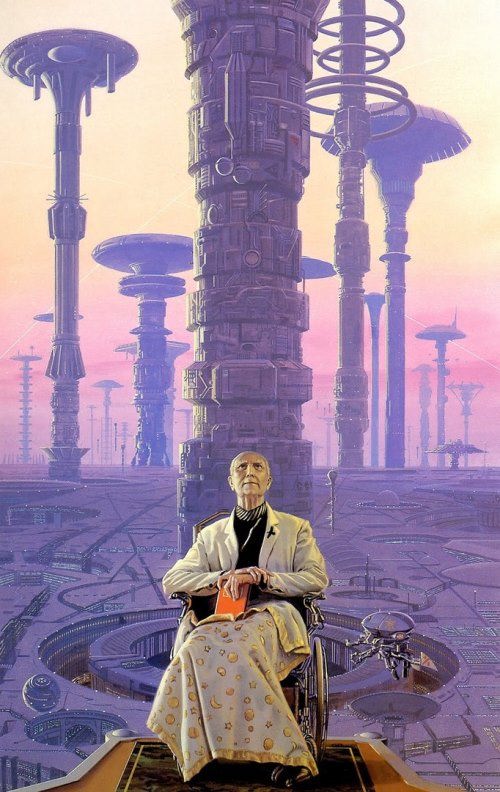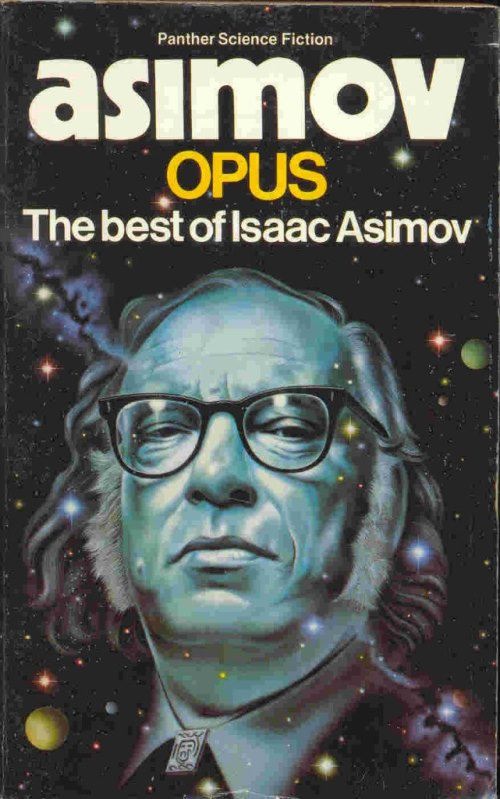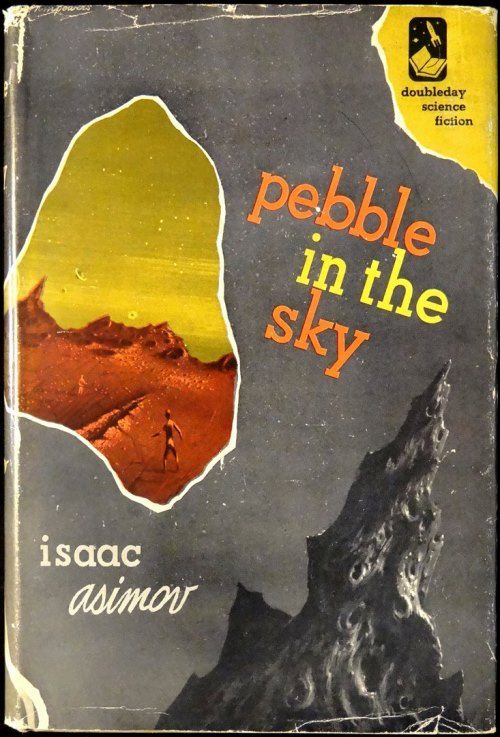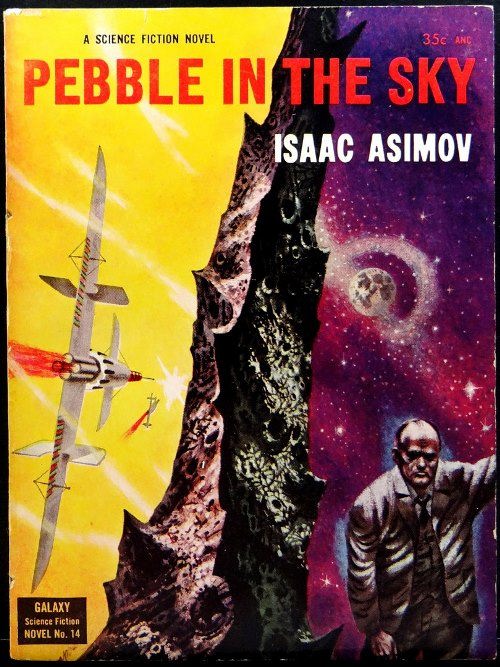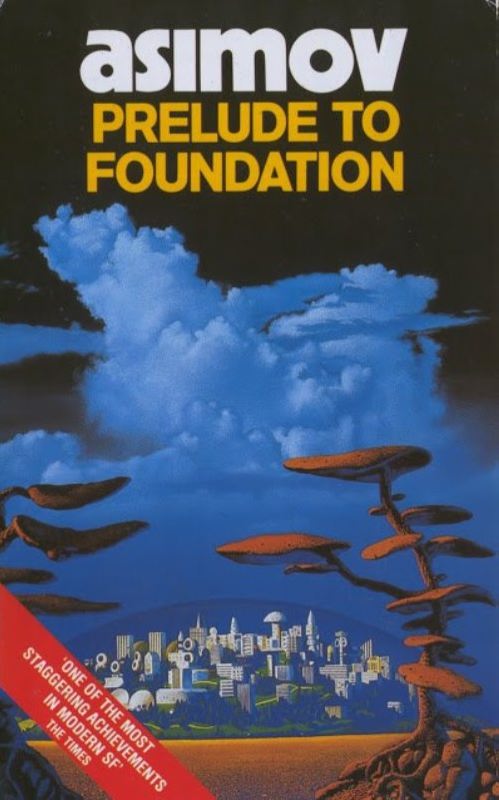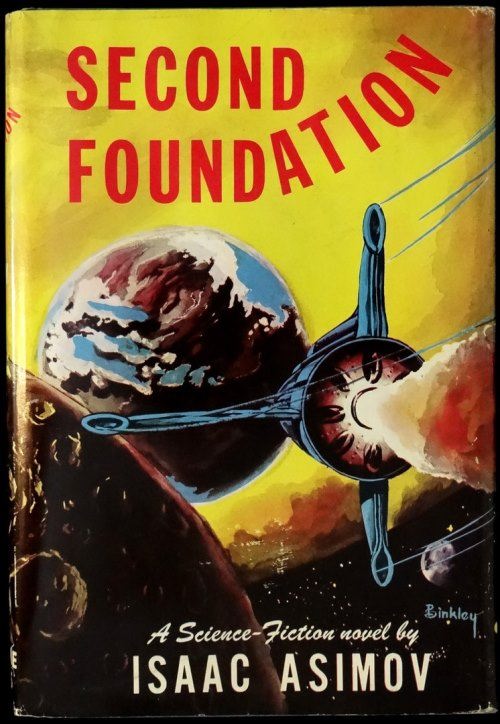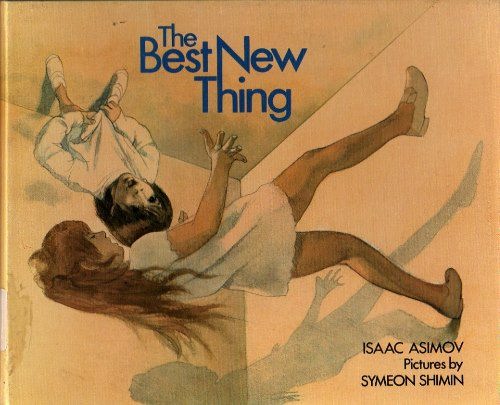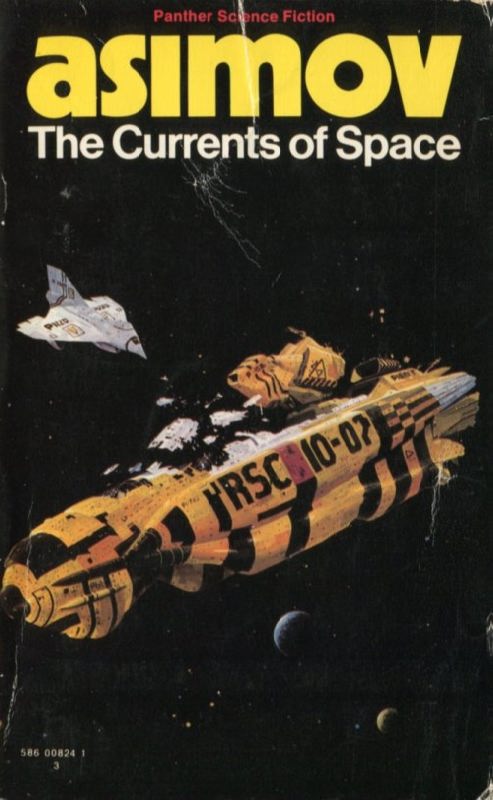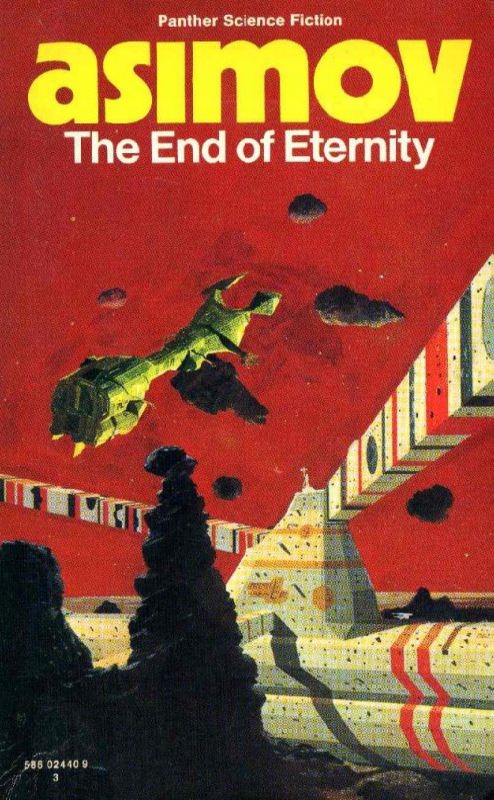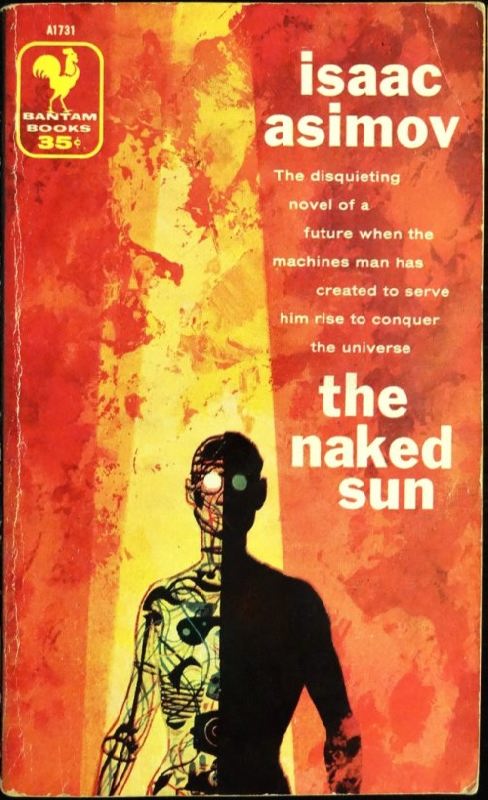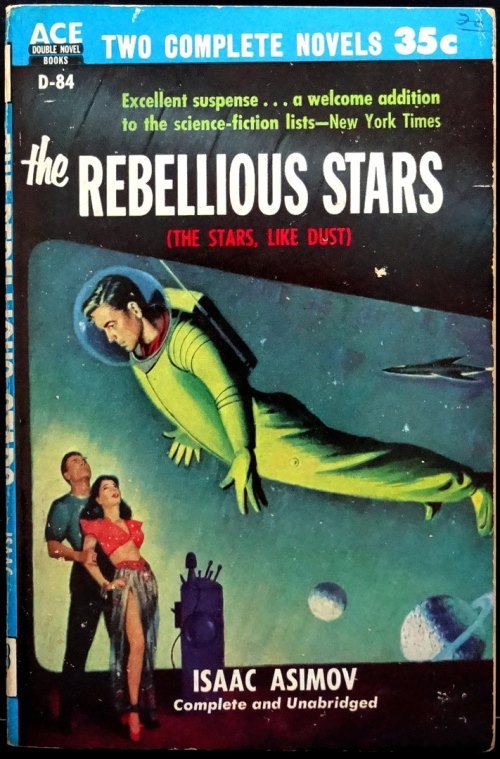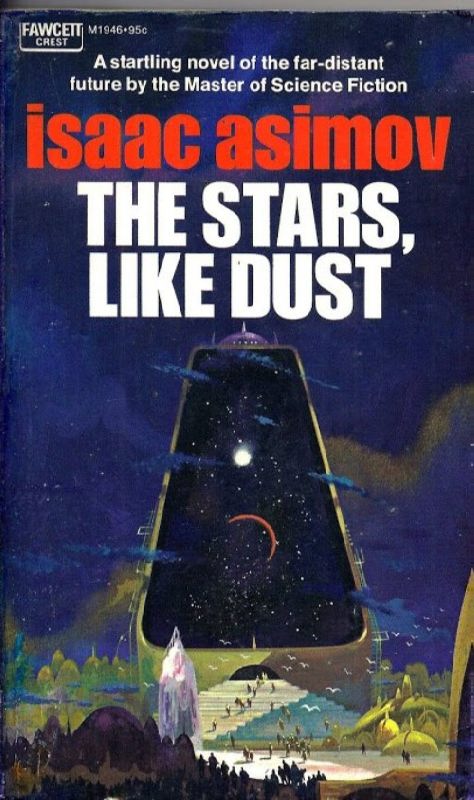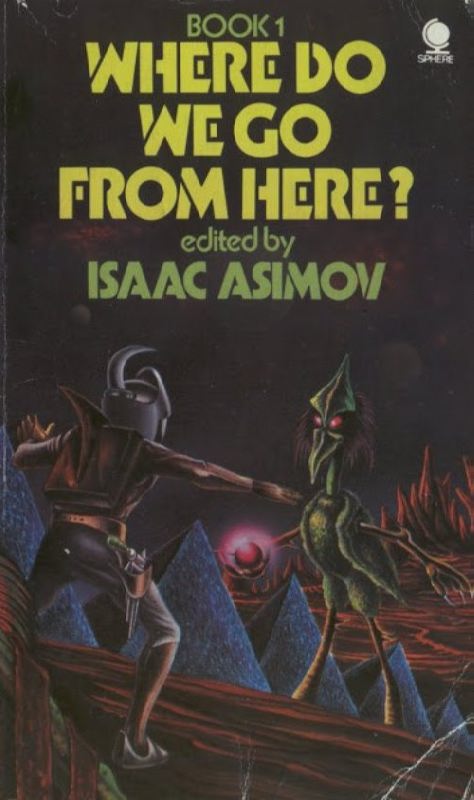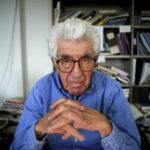Isaac Asimov – science fiction writer
Isaac Asimov was a scientist and science fiction writer, who made his reputation in both fields. He published over three hundred books and a lot of short stories, essays, and columns. Asimov also produced popular introductory texts and textbooks in biochemistry. Asimov is widely regarded as one of the masters of science fiction, along with Arthur C. Clarke and Robert A. Heinlein.
Isaac Asimov was born on January 2, 1920 in Petrovichi, Russia. His family moved to America when the boy was three years old. They settled in Brooklyn, New York, where they owned and operated a candy store. He studied at Boys High School of Brooklyn and then Seth Low Junior College. Later he entered Columbia University.
In 1938 he began writing for publication and Marooned Off Vesta became his first sold story. In the same year he sold his story Trends to John W. Campbell, Jr., editor of Astounding Science Fiction.
Asimov was a member of the Futurians, a New York science-fiction group which existed from 1938 to 1945.
During the Second World War Asimov was a research scientist at the U.S. Naval Air Experimental Station.
In 1941 he made a name for himself as a writer with the publication of Nightfall.
In 1948 Asimov received his doctorate in biochemistry and a year later took up a position with the Boston University School of Medicine as an associate professor.
His novel The Gods Themselves (1972) was awarded the Hugo and Nebula Awards.
In 1977 he launched Isaac Asimov Science Fiction Magazine.
He died of heart and kidney failure on April 6, 1992.
Personal life
In 1942, Isaac Asimov met the first true love. It was on St. Valentine’s Day. Gertrude Blugerman and Isaac got married. They had daughter Robin Joan and son David. In 1970, the couple divorced.
In the same year the writer had love affair with Janet Opal Jeppson, who worked as a psychiatrist. They got married in 1973.
Asimov’s Foundation series was voted the most popular series in the history of the field and has become the touchstone for all other novels about galactic empires.
Asimov was one of the primary shapers of the form of modern literary science fiction.
Asimov was, perhaps, one of the most famous futurists of the last century. In 1964, at the request of journalists, he tried to imagine what our life could be like in 50 years. Subsequently, it turned out that seven out of ten predictions made by him were fully or partially fulfilled.
The writer said that the phones would become wireless and with a screen, and people on different continents would communicate with each other through satellites.
“You can see the person to whom you call. The display can be used to view documents, photos and reading books. Miniature electronic computers will be created, the source of energy for which will be lithium-ion batteries.”
As for household appliances, the writer predicted that over time they would be equipped with timers, most of them would become wireless. He also said that huge power stations would be built in the deserts. They have already appeared, but so far there are not so many of them.
